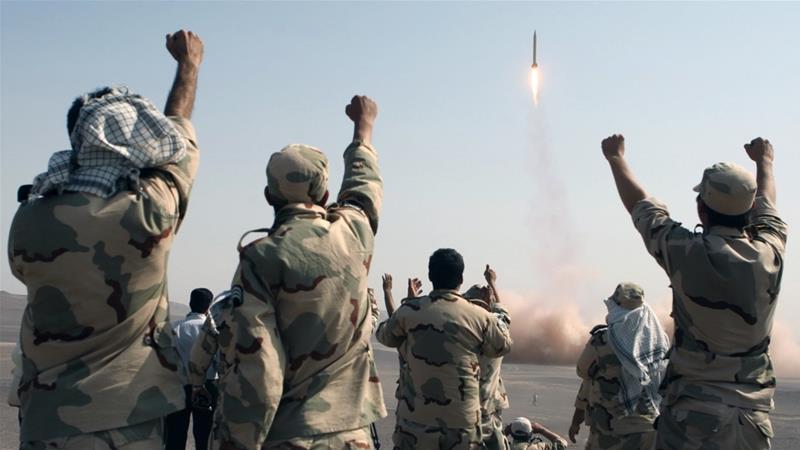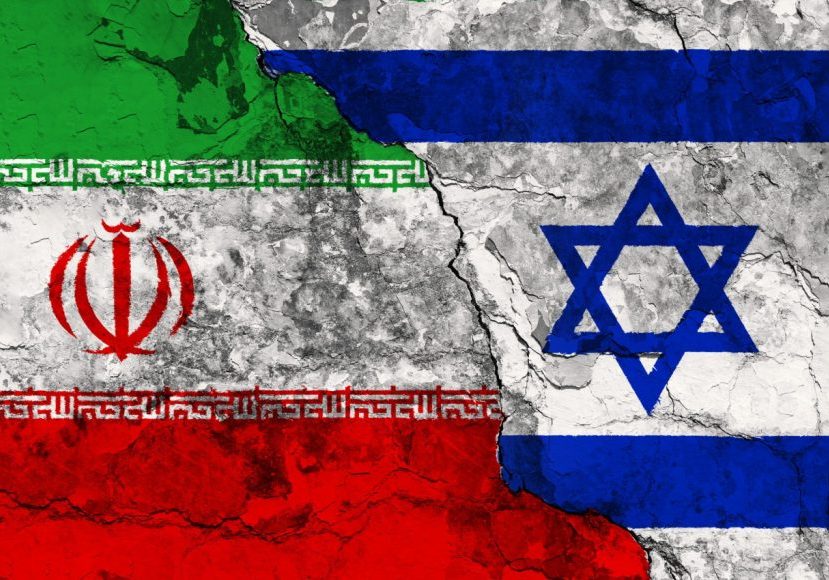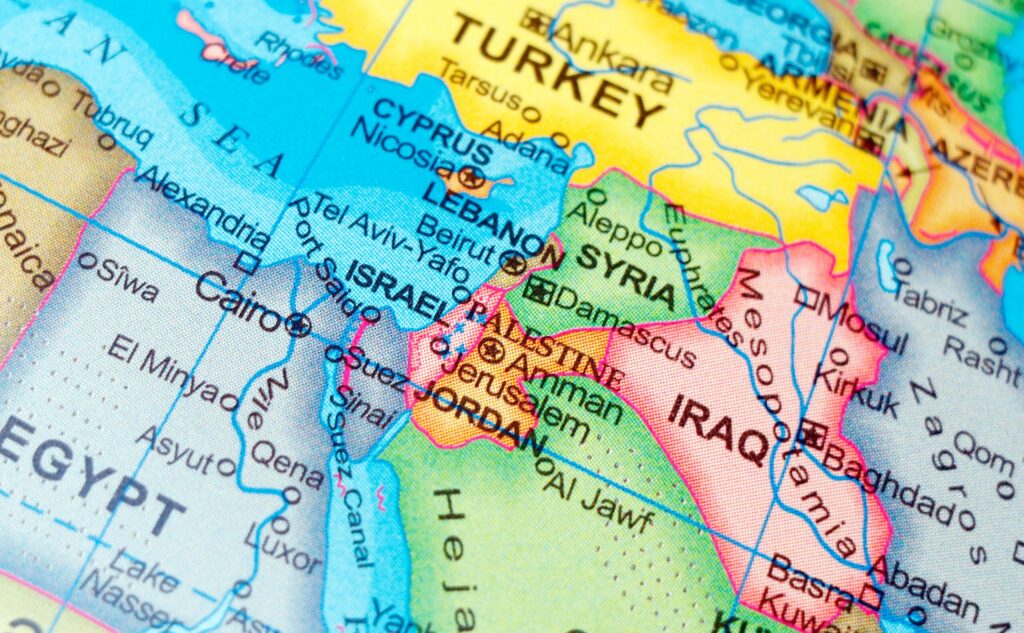IN THE MEDIA
Let’s not risk making Iran another North Korea
May 29, 2017 | Colin Rubenstein

Colin Rubenstein
An edited version of this article appeared in
The Australian – 29 May 2017
The election outcome in Iran this past weekend, which saw President Hassan Rouhani re-elected, does not signal change or moderation in the country. Rather, it merely reinforces Supreme Leader Ali Khamenei’s duplicitous tactic of creating a false narrative of a moderating Iran as cover for the Islamist regime’s ongoing campaign to dominate the Persian Gulf and Eastern Mediterranean regions through intimidation and aggression.
In this way, Iran’s style differentiates itself from another country it once shared a similar global pariah status with – North Korea. Yet in both cases the substance of their threats, and other links and commonalities, should trouble us all.
Only last month, North Korea threatened to target Australia with a nuclear strike should it follow the US lead in isolating Pyongyang. This frightening bluster spotlights the agonising dilemma in attempting to deal with an aggressive state armed with nuclear weapons and rapidly developing intercontinental ballistic technology.
While it’s too late to undo the policy failures that allowed this festering crisis on the Korean Peninsula, there is still time to learn from those mistakes and apply them towards preventing Iran from crossing the nuclear threshold in the geo-strategically crucial Persian Gulf region.
As US President Donald Trump and top members of his cabinet recently stated, a review of policies regarding Iran’s nuclear program is a priority. This is in spite of the nuclear framework agreement reached with Teheran two years ago, and the fact that the US considers Iran to be complying with the deal so far.
The reality is that, owing to the deal’s sunset clauses, Iran could completely abide by the agreement for the next decade and still breakout to build a nuclear warhead within 10-15 years.
It was widely suggested that Iran might choose to do just that – at least for the next few years. That way Iran wouldn’t risk jeopardising the removal of sanctions while cultivating increased trade with the West – which, Iran realises, will make it harder to re-impose sanctions later should the need arise.
Regrettably, this scenario appears to be materialising. Billions of dollars of frozen funds have been released to Teheran. Iran’s most strategic export – oil – has ramped up, especially to Europe and Asia.
Moreover, as critics warned, rather than use the economic dividend from the deal to improve the lives of Iranians or cultivate Western ties to usher in an era of prosperity and reform, Iran has instead increased its belligerency and widened its military footprint on the region.
As President Trump rightly pointed out in a speech on Sunday in Saudi Arabia, “From Lebanon to Iraq to Yemen, Iran funds, arms, and trains terrorists, militias, and other extremist groups that spread destruction and chaos across the region. For decades, Iran has fueled the fires of sectarian conflict and terror.”
It is fighting proxy wars in Syria and Yemen through its Hezbollah and Houthi clients and manipulating the Iraq conflict to serve its Shia sectarian agenda.
Lebanon’s government has essentially conceded control of southern Lebanon to Hezbollah, which has stocked the area with over 100,000 missiles aimed towards Israel, in violation of UN Security Council Resolution 1701.
The Trump Administration’s understanding that Iran’s provocative actions outside of the nuclear deal must guide Western strategic policy came to the fore during US Secretary of Defence James Mattis’ recent visit to Israel, when he stressed that Iran’s ostensible compliance over the nuclear deal “in no way mitigates against or excuses” its deplorable regional conduct of “mayhem, chaos and murder.”
In April, US Secretary of State Rex Tillerson echoed Mattis’ sentiment, saying that “The evidence is clear: Iran’s provocative actions threaten the United States, the region and the world” while the Iran deal “represents the same failed approach to the past that brought us to the current imminent threat that we face from North Korea.”
If North Korea served as merely a taste of what a nuclear Iran might portend, it would be enough. Yet we know that the links between Iran and North Korea go much deeper. The two countries have a long history of military cooperation.
In addition, North Korea has proliferated its nuclear weapons technology to the Middle East, directly assisting Syria to build an illicit reactor, which Israel pre-emptively bombed in 2007.
Experts believe that Iran is likely to continue to advance its nuclear program outside of the gaze of international inspectors by conducting its research activities in North Korea.
Others have warned that North Korea could eventually be in a position to illicitly transfer a nuclear device to Iran directly.
Tillerson blames the Obama Administration’s policy of “strategic patience” – essentially delayed imposition of clear red lines for decisive preventative action – for allowing North Korea to leap forward toward developing a deliverable nuclear weapon.
Australia should support US efforts to review and tighten the Iranian nuclear deal, especially now in the early phases of the deal’s implementation when the West still holds some leverage, and when sanctions could be reimposed without disrupting Western economies.
Furthermore, it should heed Trump’s call to “all nations of conscience… to isolate Iran [and] deny it funding for terrorism” apart from nuclear-related monitoring and sanctions.
For the sake of the Australasian region, the North Korean nuclear threat must be contained. For the sake of the world, the Iranian nuclear threat must be neutralised, not only in the short term but the long term as well.
Dr. Colin Rubenstein is Executive Director of the Australia/Israel & Jewish Affairs Council, and previously taught Middle East politics at Monash University for many years.
Tags: Asia, Iran, North Korea











